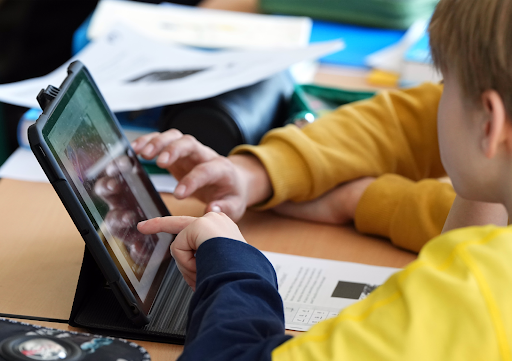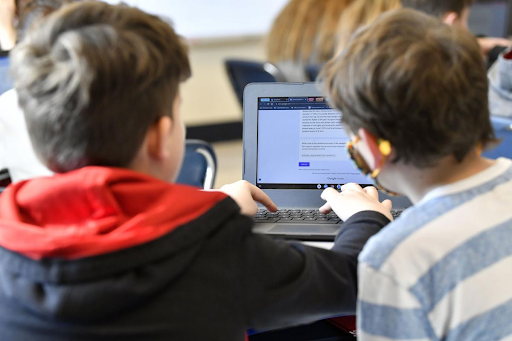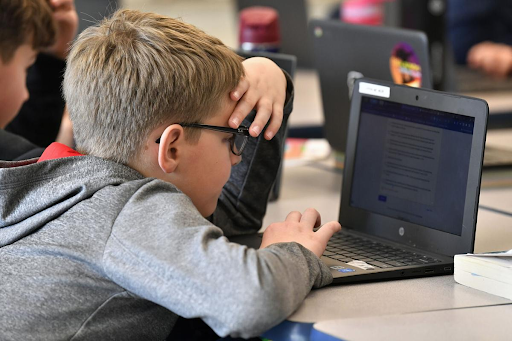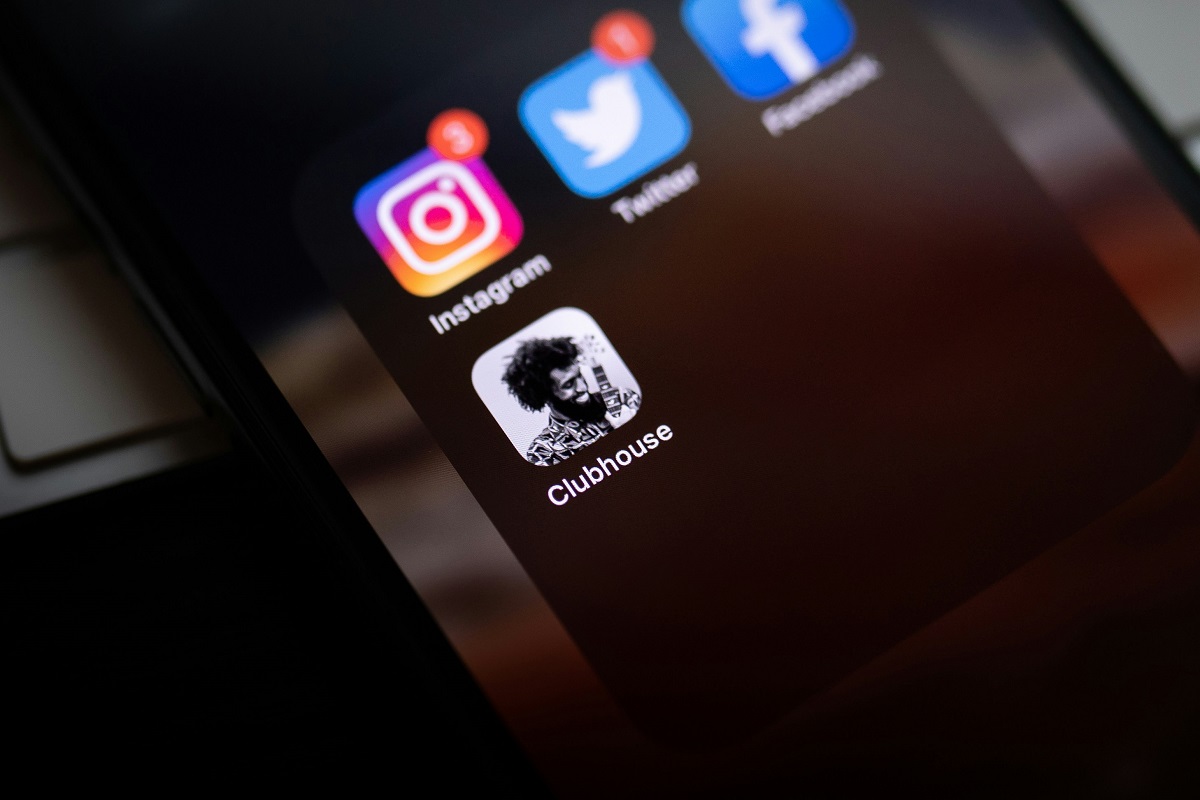
Nowadays artificial intelligence chatbots, particularly Chatgpt, have revolutionized the digital landscape. These chatbots provide users with quick and accurate responses to different inquiries. They generate authentic content and tackle difficult tasks ranging from writing to coding. This creation has left higher education organizers both amazed and worried.
University administrators and faculty at the University of Rochester are searching for the best possible implications of ChatGPT’s presence in academia. Although it simplifies work and offers various possibilities, it is harmfully affecting the education system. The rapid acceptance and usage of ChatGPT, alongside its rising competitors like Google’s Bard, indicate a big change in the educational domain.
Education administrators are facing a lot of challenges with the widespread availability of AI that allows students to take shortcuts in their studies. A recent survey by Study.com asked 1,000 students over 18 about their use of ChatGPT in their academic tasks. The results were surprising, showing that 89% of students accepted that they are using ChatGPT for homework, while 48% admitted to using it during tests or quizzes. Further, over 50% are using ChatGPT to write essays, and 22% have sought help in making paper outlines.

Now concerns arise as nearly three-quarters of students expressed a desire to ban ChatGPT, indicating widespread unease about the normalization of cheating. Educators, equally worried, are using AI-detection tools like GPTZero, although these are still under development and do not perfectly judge the AI content.
However, this revolutionary technology blurs the line between assisting education and academic dishonesty. University rules and regulations categorize AI chatbots like ChatGPT as a cautionary “yellow” tool in educational ethics assessments. This demands careful consideration and proper communication between instructors and students regarding its limited usage.
Rennie Naidoo, a professor at the Wits School of Business Sciences, Department of Information Systems, University of the Witwatersrand, has done a lot of research on the challenges that educators are facing due to the misuse of AI tools by students. Because the AI tools like ChatGPT, Quilbot, and Grammarly if used incorrectly can lead to destructive outcomes, such as a lack of critical thinking skills and academic dishonesty. Moreover, a huge gap between motivated and unmotivated students might occur.
While analyzing AI’s involvement in education, Naidoo emphasizes the need to focus on shaping AI’s ethical and effective use rather than propagating entirely different narratives. Using AI to solve societal issues, boost economic growth, and develop decision-making skills becomes crucial. However, traditional universities must reconstruct their standards in light of AI and emerging technologies. Critical issues should urge discussions and actions in higher education’s future.

However, in this scenario, it would be better for instructors to use powerful technologies like ChatGPT to prepare students for the ever-changing situations. Weber State University’s professor Alex Lawrence believes that to encourage students to learn to better use of these tools beyond cheating. Meanwhile, University of Pennsylvania’s Ethan Mollick allowed his literature students to use the tech to improve their writing skills.
Faculty members are now adjusting their teaching methods in response to ChatGPT. Some have included AI in assignments to highlight its limitations, preparing students to critically encounter its capabilities. For instance, students use ChatGPT while writing essays, to examine its strengths and weaknesses, or explore ethical considerations when using AI tools in academic writing.
Educators emphasize the need for proper guidance rather than restricting AI tool usage. They advocate teaching students responsible and effective utilization of these tools to prevent misuse and foster active learning.





